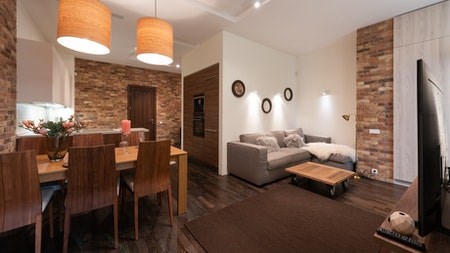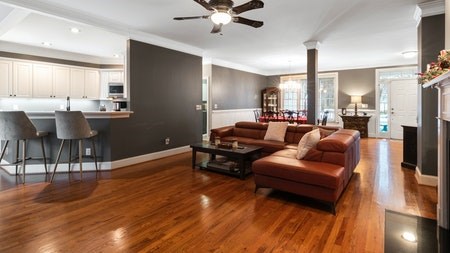Renting a property should be a trouble-free process, but unfortunately, things don’t always go according to plan. Disputes between rental agents, landlords and tenants can sour the relationship if you don’t know what to look out for. With some knowledge and planning, though, you can prevent things from going awry.
Fortunately, the Rental Housing Act (Act 50 of 1999) clearly outlines all the rights and responsibilities you have as a tenant while recognising the right of property owners to receive reasonable returns on their investments.
The Act obliges landlords to look after their properties and treat tenants fairly - from the question of privacy to the repayment of deposits and property maintenance. However, if disputes do arise, the Rental Housing Tribunal is available to resolve issues between landlords and tenants.
Finances
Household budgets are under constant pressure from increasing food, fuel, electricity and other expenses. If you sign a lease for a property that puts you at the limit of what you can afford, you are soon likely to find yourself in financial hot water. A better plan is to budget conservatively and leave some room to manoeuvre rather than risk falling into arrears and having to look for alternative accommodation when you can least afford to do so.
If you are already in financial difficulties while renting, it’s usually best to let your landlord or letting agent know. If they are aware of your situation, they will be more likely to make allowances and may be able to suggest ways of solving the problem.
Lease agreement
The basis of any rental agreement is the lease document, where your rights and responsibilities as a tenant should be clearly outlined. Therefore, it’s essential that you read it very carefully before signing it and make sure you understand all the terms.
In particular, check required notice periods, rent increase procedures and any penalties or fees that may be levied as well as expenses like utilities that may be billed in addition to your rental.
If the rental property is in a sectional title complex, read through the rules of conduct to ensure they align with your lifestyle. For example, some complexes don’t allow residents to keep pets.
If you’re unsure of any terms, discuss the lease with an attorney or rental specialist. It’s always better to avoid signing a lease that contains unfair – or illegal – terms rather than trying to resolve future disputes.
Condition
When you view the property, keep an eye out for warning signs that could indicate future problems. For example, a run-down property might indicate a landlord who routinely neglects maintenance responsibilities.
Ask about issues like water pressure and cellphone reception which might not be immediately apparent but could be difficult to fix once you move in.
If possible, talk to the previous tenants about the rental property you’re considering.
Inspections
In terms of the Rental Housing Act, tenants are obliged to carry out an incoming inspection together with the landlord – or their rental agent - before the tenants take occupation of a rental property. At the end of the lease period, tenants and landlords must carry out an outgoing inspection to ensure the property is in the same condition it was in at the start of the lease period.
The purpose of the incoming inspection is to note any pre-existing defects in the property, like cracked tiles, damaged fittings and carpet stains so that you will not be held responsible for them at the end of your lease. Make sure you conduct an incoming inspection with photographs as evidence of any defects in the presence of the rental agent or landlord.
Keep in mind that the landlord isn’t obliged to fix these defects unless they directly affect your ability to use the property for its intended purpose. If there are serious problems, such as a defective geyser or stove, it’s best to specify in the lease agreement that they must be repaired before you move in.
At the end of the lease, be sure to participate in the outgoing inspection. You’re less likely to have uncalled-for expenses deducted from your deposit. Bring a copy of any defects listed on the incoming inspection list, along with photographs and any relevant correspondence concerning repairs or maintenance issues that may have arisen during your stay.
For more information, read the Rental Housing Act here.
Writer : Sarah-Jane Meyer




